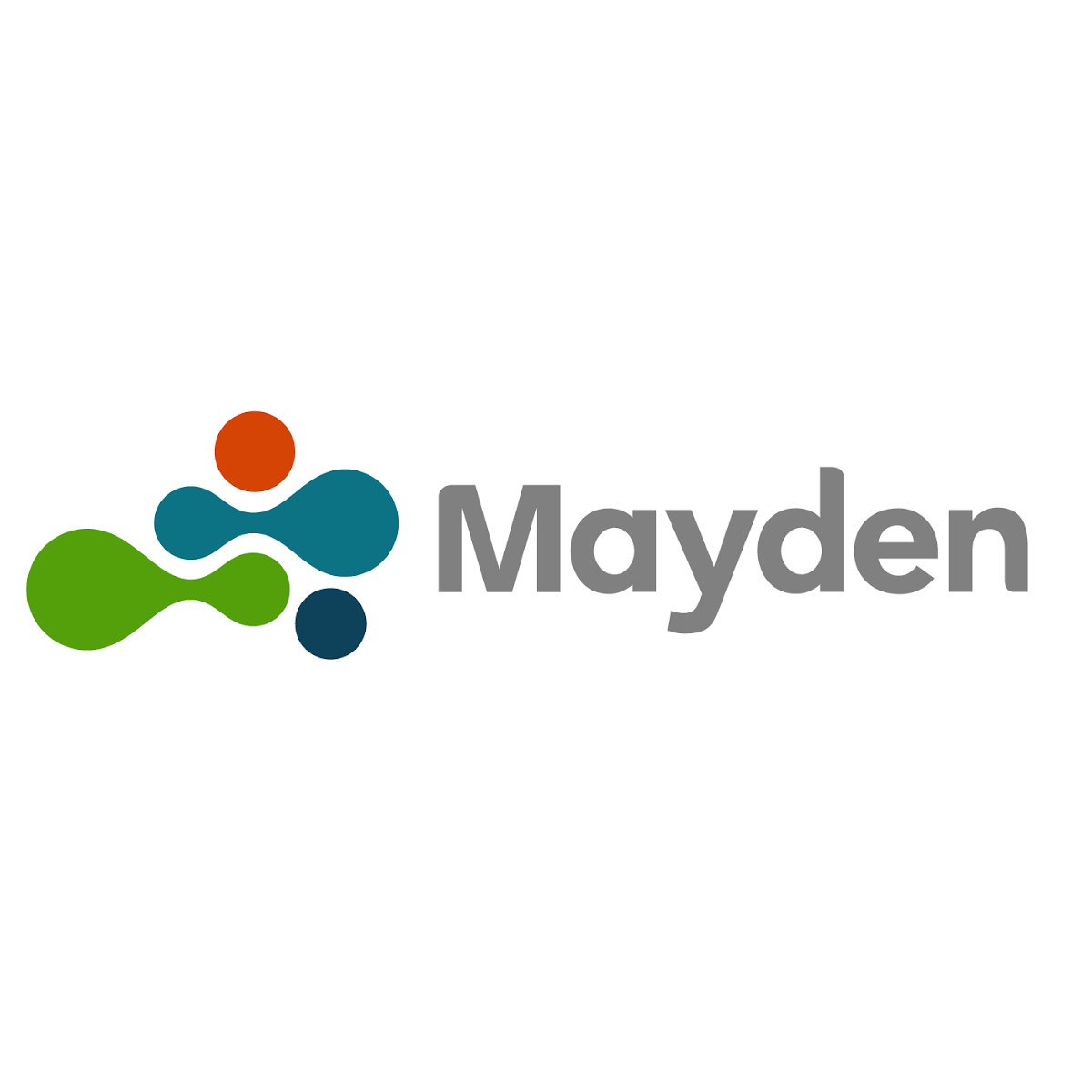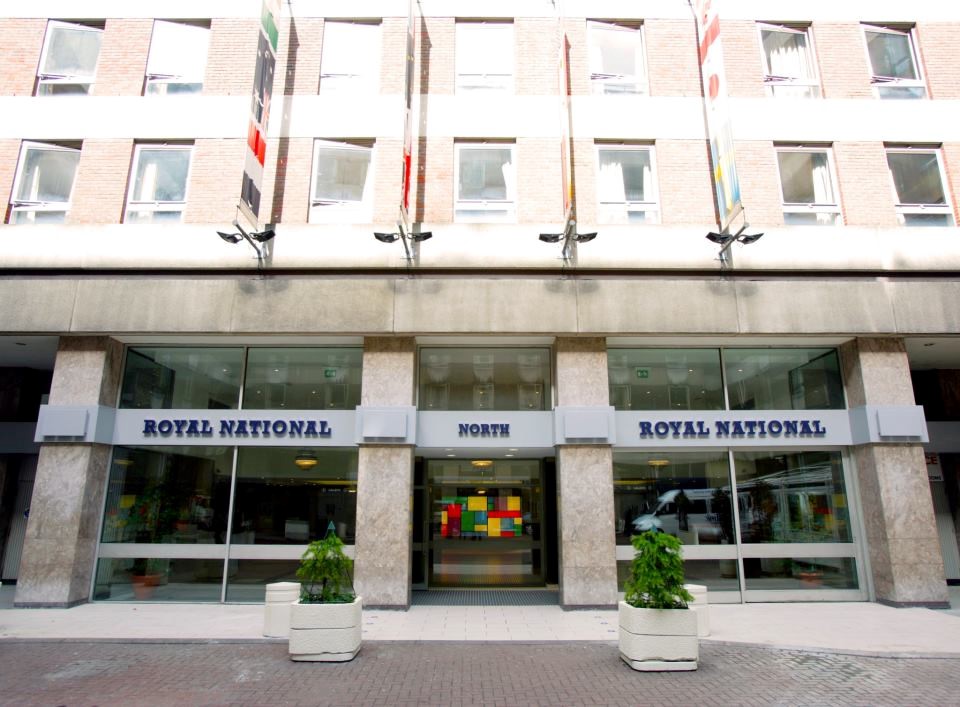In partnership with


CPD Certified Events



Latest figures reveal that 42,000 children and young people are being treated for mental health problems every month, the highest number on record and the numbers continue to rise. Services struggled to meet demand before Covid-19, however the pandemic has exacerbated the situation and experts are warning of an “unprecedented crisis in young people’s mental health” with the potential to overwhelm the NHS.
Open Forum Events boasts an established portfolio of events focusing on mental health matters, with a back catalogue of conferences specifically related to CAMHS, and is delighted to invite you to join us at the Children and Young People’s Mental Health: Right Care, Right Place, First Time conference. This bi-annual meeting will explore the factors affecting the wellbeing and mental health of the younger generation and how they can be best supported.
Whilst it has been recognised and welcomed that more children and young people are receiving record levels of psychological support, it is feared that there are many still to seek help or have been excluded from receiving treatment on the basis of ‘not being ill enough’. The relentless and unsustainable rise in the numbers will exert even greater pressure on over stretched services.
This conference will bring together key stakeholders to discuss the scale of the problem and seek to identify the way forward towards improved care and support. The plenary agenda will feature a line-up of expert speakers, imparting information, sharing best practice and stimulating discussion.
The delegate focused programme has been designed to allow for maximum interactive engagement between speakers and audience through question-and-answer sessions, whilst interspersed between plenary presentations there will be ample opportunity for casual networking and knowledge sharing with peers and fellow professionals.
Despite more children and young people receiving mental health support, the relentless rise in numbers requiring treatment has the potential to overwhelm the NHS and other key services. What can be done to manage demand? And how can we promote a comprehensive, more joined up and inclusive system?
What do young people say they want from a mental health system and what is the role of open-access, community-based services? This presentation will share the Our Minds Our Future manifesto created by young people. It will also outline learning from the rights-based, holistic approach of youth information, advice and counselling services or “early support hubs”.
Getting It Right First Time (GIRFT) is a national quality improvement programme using data and service visits to identify unwarranted variation and areas of best practice within the CYP crisis and inpatient services and has developed 21 national recommendations. This presentation will focus on a number of the national recommendations and best practice examples which focus on supporting young people in a crisis within the community to avoid inpatient admissions where they may be ineffective or potentially harmful.
Sarah Cox, Service Manager, Mental Health and Wellbeing Service at Young Somerset, and Kate Gallagher, Clinical Lead at Somerset NHS Foundation Trust will share their learning from working with schools as part of the Somerset Mental Health Support Team (MHST).
Young Somerset and Somerset NHS Foundation Trust are joint providers of MHST services which offer early intervention support for children and young people aged 5-16 years. The speakers will introduce the model of low intensity interventions and support to schools as a whole, share tips from their experience and how the digital tools in iaptus CYP support the service. Presented with headline supporters Mayden, creators of the iaptus CYP digital care record designed for CYP mental health services.
Allocated planned time for speakers to receive questions from the audience and induce further discussion.
Anita Gundecha, Trustee, GamCare (confirmed)
Adele Leung, Youth Advisory Board Member, GamCare (confirmed)
There are rising concerns about young people being impacted by gambling or gaming, particularly in the aftermath of COVID and the current cost of living crisis.
GamCare provides a dedicated support service for young people who are experiencing gambling harms from their gambling or gaming, or the gambling of somebody close to them. We aim to highlight some of the issues we see in those young people who access our service, and how we interact and support young people also in contact with mental health services using a collaborative approach.
By encouraging an increased focus on screening for gambling harms, we hope to offer an outlet for over-stretched mental health support providers by offering immediate support for issues related to gambling or gaming.
GamCare’s Youth Advisory Board members work with staff across GamCare, providing insights on our content, services, and communications. This offers young people an opportunity for their voice to be heard, meet peers from across the UK, and develop new skills and experiences.
m-LAH is a government-funded talking initiative that helps motivate secondary school students to lead healthier lifestyles. m-LAH is different to other mental health programmes: it is delivered and facilitated by the students themselves
Around half (53%) of a 1000 GPs surveyed by stem4 in 2022 report that around six in ten referrals of under-18s diagnosed with anxiety, depression, conduct disorder and self-harm to CAMHS are rejected because their symptoms are not seen as severe enough.
Whilst primary care supports people with a wide range of mental health conditions including a high level of complexity and need, Improving Access to Psychological Therapies (IAPT) programmes which offer valuable treatment to adults do not present a complete solution to this group, nor are developed with the same parity for young people. In addition, significant numbers of people assessed as too complex for IAPT services have their referral to specialist mental health services rejected. NHS England’s Community Mental Health Framework is a notable step forward, but more clarity is needed on how a joined-up service which meets the needs of young people looks like in the future, and more urgently what can be offered to young people who fall through the gap in services now.
Later this year Xyla Digital Therapies will launch a new service for Children and Young people, and a first of its kind - a CQC registered, accessible, digital mental health service for 5-25 year olds. This session will share some of the learning from the past two years of developing this new service as well as the key features of a digital service that young people have said are most important to them.
Xyla's new assessment and treatment service will not be a ‘bolt on’ separate digital service but a local partner in service delivery. Launching with the first partner NHS Trust soon, clinical pathways are aligned to local systems and technical interfaces enable smooth referrals and treatment data shared and fully visible. A bespoke portal, built with a group of children and young people, will enable CYPF to book their own appointments, chose their clinician and view their own care record.
A hot, two-course lunch consisting of multiple options will be provided for delegates. We cater for all dietary requirements, including vegetarian, vegan and gluten/dairy-free; just notify us ahead of time should you have any allergens or requirements.
Neuroscientists have, now, proved that, for us to positively impact our nervous system we must form social relationships to re-establish brain patterns into feeling safe and secure.
Attachment based therapeutic interventions are an essential starting point for any child who is suffering emotionally and socially.
During this discussion we enquire into why asking why and bringing cognitive behavioural approaches to healing are not always sufficient in meeting individual needs.
This presentation will describe how a parent’s mental illness impacts the whole family, in particular the children. Dympna will present the work of Our Time charity and how they work to address this highly stigmatised issue and build on the strengths of families and resilience in the children. She will outline the key principles of the model and use real case examples from their work and personal testimonials from people with lived experience to demonstrate the effectiveness of their work.
Seasons for Growth is an early intervention grief education programme aimed at helping children, young people and adults through grief, brought about through loss or significant change in their lives.
An overview of how Sussex CAMHS are using Padlet to advertise Participation Opportunities to young people accessing the service
The presentation will focus on the set-up and delivery of a new county-wide CAMHS DBT Service in Hertfordshire for young people accessing Tier 3 Mental Health services. We will share the challenges and successes of the first three years of the programme, including the adjustment to working virtually during the COVID-19 pandemic with a high-risk population.

Offering breathtaking views across Russell Square the hotel is within easy walking distance to the British Museum. Well located with Russell Square underground station a 2 minute walk away.
Academics
Acute and Community Mental Health Services
Allied Health Professionals
Area Managers
Business / Service Development Managers
CAMHS Clinicians
CAMHS Services
Care Co-Ordinators
Chairs of NHS Trust Board
Chief Constables
Chief Executives and Assistant Chief Executives
Clinical Commissioning Groups
Commissioning Managers
Directors / Heads of Adult Social Services
Directors / Heads of Children's Social Services
Directors / Heads of Housing
Directors / Heads of Nursing
Directors / Heads of Public Health
Disability Advisors
Equality and Diversity / Inclusion Managers
General Practitioners and Practice Managers
Heads of Commissioning
Heads of Service
Heads of Strategy
Headteachers
Health and Wellbeing Boards and Managers
Housing Associations
Medical Directors / Officers
Mental Health Researchers
Nurses
Pastoral Care Teams
Psychiatrists
Psychologists
School Counsellors
Social Workers